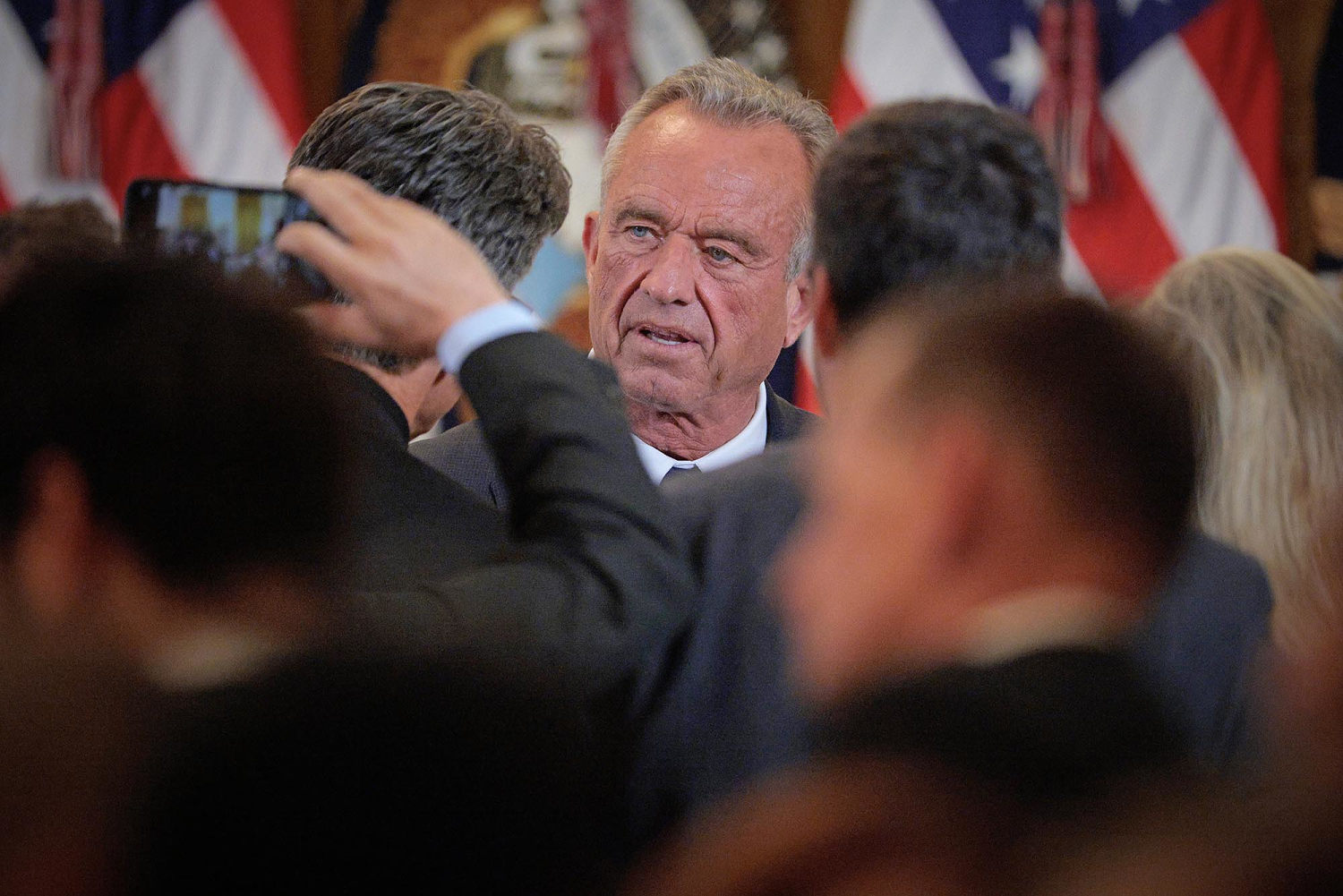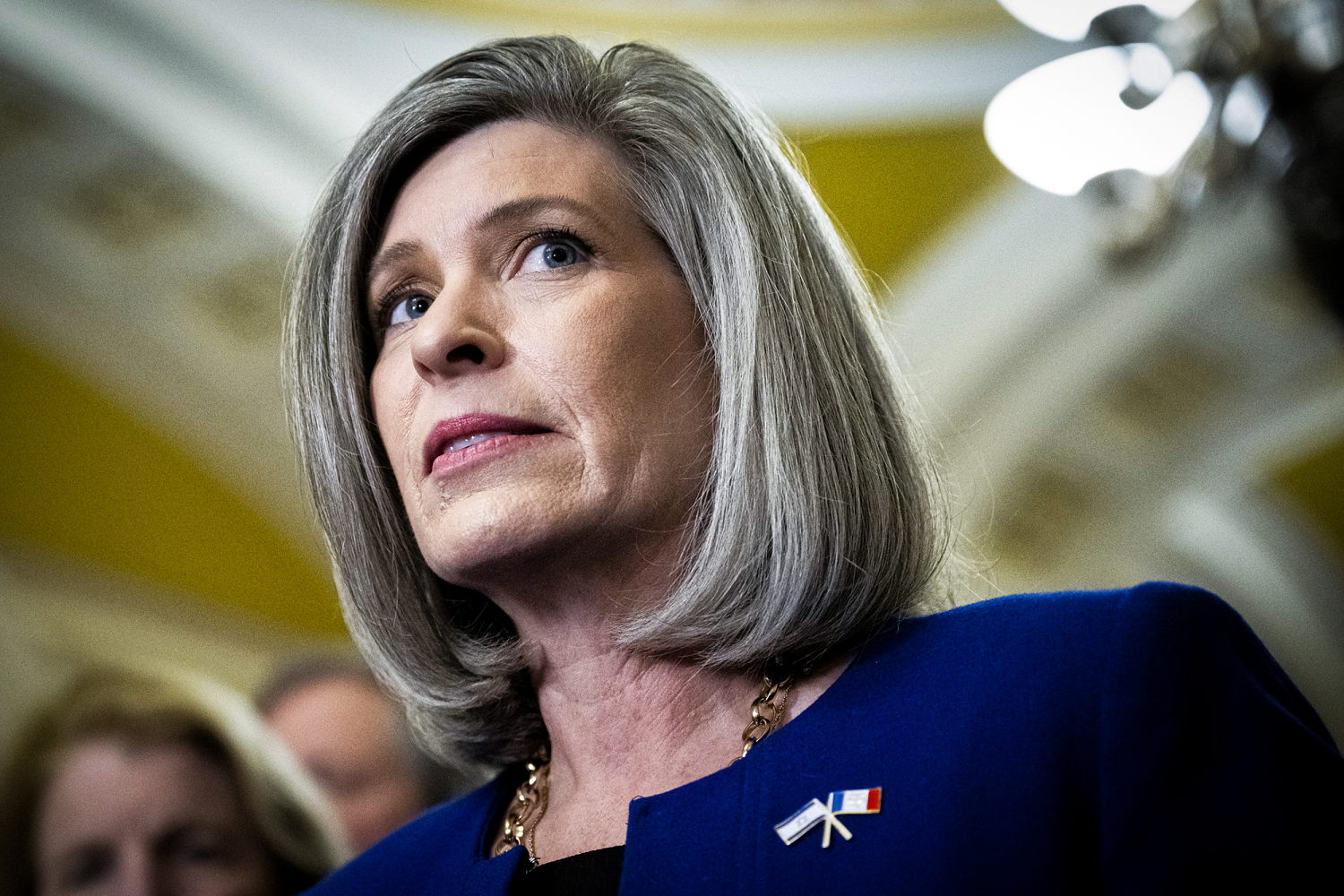Now Reading: RFK Jr’s team adds new errors to its ‘MAHA’ report, making the fiasco worse
-
01
RFK Jr’s team adds new errors to its ‘MAHA’ report, making the fiasco worse
RFK Jr’s team adds new errors to its ‘MAHA’ report, making the fiasco worse

Just hours after Donald Trump and his White House team introduced “The MAHA Report: Making Our Children Healthy Again” a couple of weeks ago, issues began to surface. The Washington Post revealed that some suggestions in the report went beyond scientific boundaries and presented inaccurate representations of scientific studies.
A subsequent report by NOTUS a week later shed more light on the matter, emphasizing that the MAHA document had misinterpreted some studies and referenced others that do not exist, according to the named authors. The New York Times later identified more faulty references in the report, some of which cited non-existent studies.
Surprisingly, the situation worsened when NOTUS reported in a follow-up article that while some errors from the original report had been corrected or removed, new mistakes had been introduced by administration officials. These included updated citations that misinterpreted scientific studies.
One notable error identified by NOTUS was the misinterpretation of a study in the original report meant to support the idea that psychotherapy is more effective than medication for children’s mental health treatment. The study was replaced with a new overview by psychologist Pim Cuijpers, who clarified that the new citation by MAHA was also incorrect. Cuijpers noted that his study did not focus on psychiatric medications for children but rather on adults.
When questioned about the mishap, the White House attempted to explain the errors by citing “formatting issues” in the document, a defense that was seen as humorous but not convincing.
The underlying concern is not just the officials’ mistakes but the broader implications of the inaccuracies in the MAHA report, which could signify a diminishing regard for scientific accuracy at the federal government’s highest levels. The Trump administration’s cuts to research funding and dismissal of scientific consensus on issues like vaccines and gender-affirming care raise concerns about the nation’s public health system.
With Robert F. Kennedy Jr. leading the Department of Health and Human Services, the decisions made by the administration could directly impact the well-being of Americans. Recent cuts imposed by the administration have weakened the public health system, jeopardizing routine health work amid outbreaks and health risks.
As the health secretary and his team face self-inflicted embarrassments, doubts about their competence grow, casting a shadow over the nation’s public health system.






